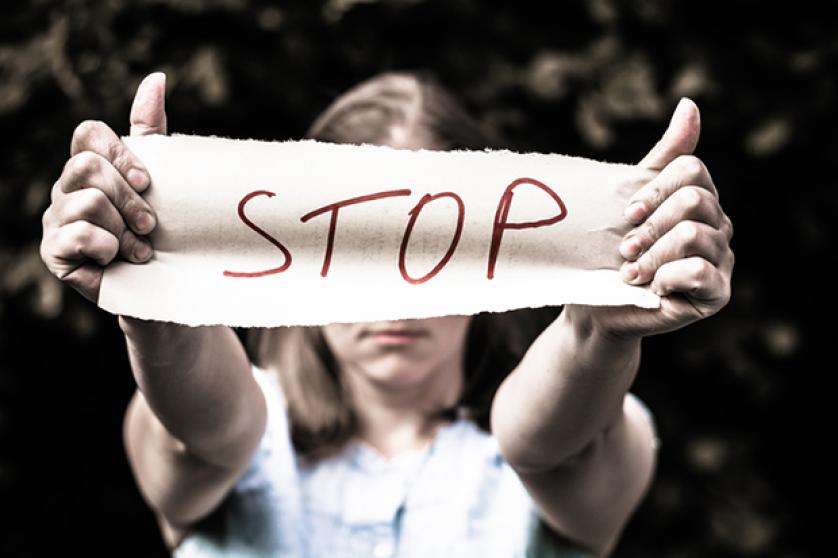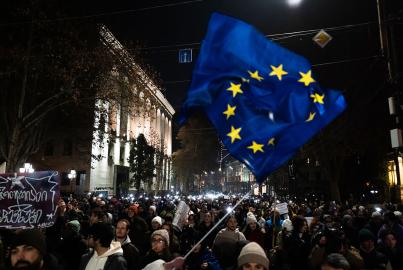Violence against women: EU ratification of the Istanbul Convention
Other related content
Read more
Georgia’s Fight for Freedom
08.04.2025
Read more
Read more
Read more
Read more
Keep it simple! A path to greater efficiency
11.03.2025
Read more
6 / 54




![Gender pay gap [nid:111113]](https://www.eppgroup.eu/sites/default/files/styles/teaser_blue/public/photo/2021/03/gettyimages-1067616000.jpg?itok=j6NJT0Wk)

